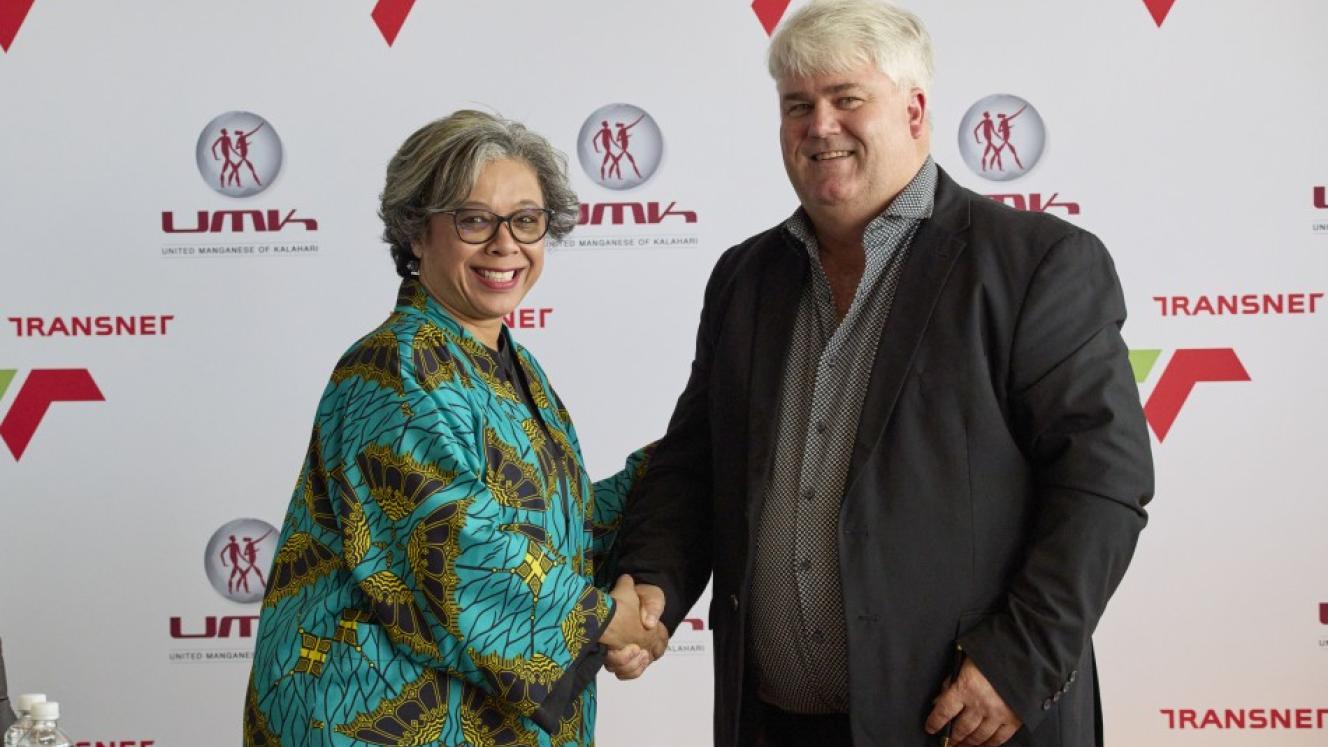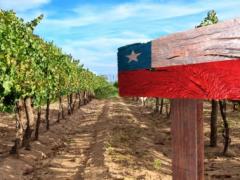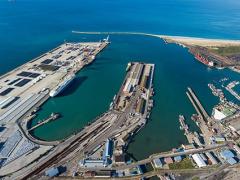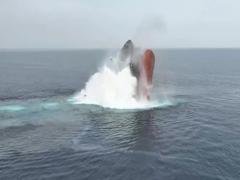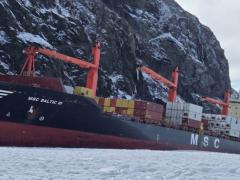Swaziland transport firms have had to adjust to the fortunes of the country’s textile industries, which have suffered from global competition and the current recession, lowering volumes of inputs transported to the factories and finished goods going out. For ten years, textiles have been the driver of the country’s manufacturing sector. But Swaziland has other items to transport that have withstood the economic decline. “Sugar, some textiles still, timber, fertiliser, coal, and food-stuffs – these are the big movers,” said Sikelela Vilakati, managing director of Chrisilda Transport in Matsapha. Chrisilda’s record of moving textiles brought in business from Swaziland’s sister textile firms in Lesotho, now a regular route for the company from Johannesburg and Botswana. The only Swaziowned breakbulk carrier makes the five-hour trip from Matsapha to Durban and back every day. A fleet of 42 vehicles, comprising flat decks and side tipper trailers, are maintained in a fully fledged workshop within the company yard adjacent to its offices. “Other than clothing, Swaziland has relatively few things to ferry out, though the potential is there. We move a lot of timber to Johannesburg, beverages from Johannesburg to Maputo, and do odd loads of sugar. But there is potential. Illovo (sugar plantation) is expanding and will be exporting more,” said Vilakati. “The investments these companies are making in their operations show they are here to stay and there will be more business for transporters in future,” said Vilakati. “We have the capacity to service the whole of Swaziland and more. As such, we are exploring new avenues by going into Africa.” While other road transport firms tend to import cargo into the country, Chrisilda services Swaziland in both directions, finding products to export. “We prefer full loads, although we do partial loads – but as you know that means quite a number of stops and paperwork, yet turnaround time is of the essence in our industry. We are in a very competitive industry and to survive you have to cut down on dead kilometres at all costs,” said Vilakati.
